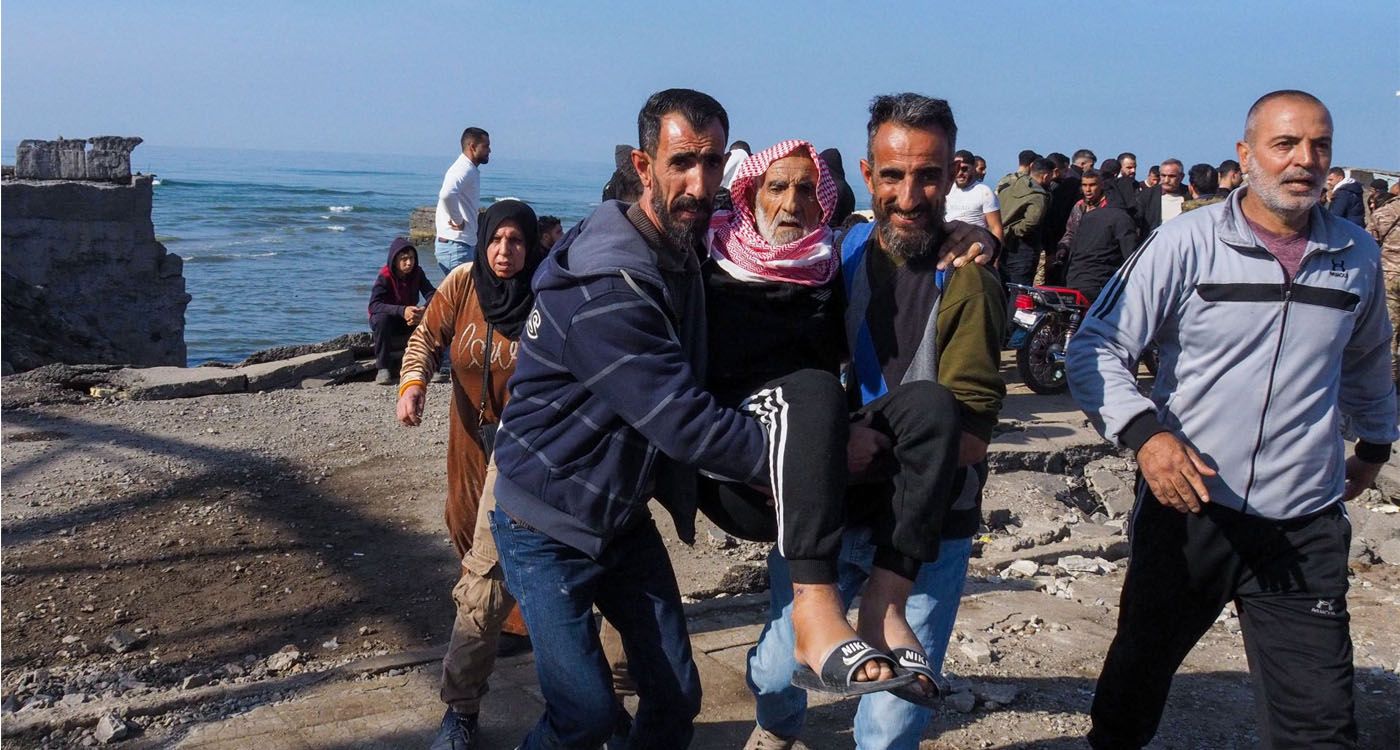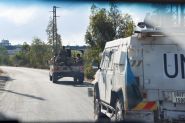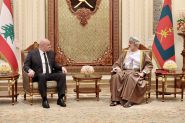
Following the recent fall of Bashar al-Assad’s regime, a new chapter is unfolding in Lebanon, where the large-scale presence of Syrian refugees has disrupted the demographic balance since the onset of the 2011 Syrian conflict. Lebanon initially absorbed a significant influx of refugees, who now make up over a third of the country's population.
In the wake of Assad’s departure and Syria being brought under the control of the opposition coalition led by Hay’at Tahrir al-Sham, the presence of Syrian migrants in Lebanon is being questioned.
Between the abstract notion of returning to their homeland and the complex realities on the ground lies a vast chasm (and a border). In this new context, the pressing question on everyone’s mind is: “What will they do now?”
A fragile legal status
Lebanon has never recognized Syrians as refugees, referring to them instead as “displaced” or “migrants” to avoid any legal obligation for long-term integration. This stance is driven by deep-rooted concerns: Lebanon is not a signatory to the 1951 Refugee Convention and does not intend to become one. The prospect of prolonged or permanent settlement of foreign populations on its soil raises immediate concerns about the country's most sensitive political and demographic issue: sectarian and communal balance. Forced integration of new arrivals would disrupt this delicate social pact, which has been fundamental since the Taif Agreement.
With the Assad regime toppled, the argument for immediate persecution risks that justified the presence of Syrians in Lebanon begins to wane. Some Lebanese political figures argue that there is now no compelling reason for Syrian displaced persons to stay, and that their return should be swift. However, the reality is far more complex. Syria remains a landscape of moral, economic and institutional devastation. The regime's collapse does not guarantee stability or decent living conditions, especially as many Syrians who settled in Lebanon did so not for political reasons, but primarily for economic ones.
Those considering return fear a country stripped of infrastructure, where access to housing, public services and security remains uncertain, leaving them without resources. The absence of clear prospects, combined with the weight of past traumas, deters many families from crossing the border.
A fragile national balance
The stakes are high for Lebanon. The national pact that forms the foundation of its governance relies on a delicate communal balance enshrined in the Constitution. Any permanent shift in the country's demographic makeup weakens this tacit agreement.
But the challenge extends beyond demographics. In recent years, the Syrian presence has increased, leading to tensions in various regions: competition for jobs, rising rental prices, strain on already deteriorating infrastructure, and overcrowded schools and public hospitals. Amid an ongoing economic and financial crisis, many Lebanese see this trend as an existential threat, fearing the erosion of national identity and the potential for internal destabilization.
Calls for the voluntary and swift return of Syrians are growing. Lebanese political figures emphasize the urgent need to resolve the situation, arguing that the removal of the primary cause of exile – the Assad regime – should facilitate repatriation and eliminate the security argument used by the international community, particularly the United Nations, to pressure Lebanon into hosting them.
The caretaker minister of interior, parliamentarians and party leaders are united in one concern: the prolonged presence of Syrian populations is a ticking time bomb for Lebanon. They fear that the continued presence of Syrians, even if unintentional, could ignite new intercommunal conflicts and further destabilize a state already on the brink of collapse.
Syrians caught between hope and fear
Syrians in Lebanon are torn between hope and fear. Hope is the vision of returning to a peaceful, rebuilt homeland, where violence has ceased, and financial stability is within reach. For many long-exiled individuals, it is the dream of revisiting cherished landscapes, trying to rebuild homes left in ruins, and reconnecting with long-lost loved ones. It also represents the chance to escape the undefined and often demeaning status of “displaced persons,” confined by limited rights.
But the fear is equally strong. Post-Assad Syria remains unknown. The displaced population worries about being caught between new fault lines, slipping back into insecurity and losing the fragile stability they have found in Lebanon if they rush the decision to return. The absence of guarantees for a clear political process, genuine reconciliation and an organized reconstruction program makes returning a perilous prospect for the moment. Some also fear being manipulated, becoming pawns in a larger game beyond their control, where the decision to leave or stay is not truly theirs to make.
A political stalemate?
The Lebanese authorities' expressed desire to relieve the country of a significant burden clashes with the reality that many Syrians are still unable to find a safe and pristine home. This has created a situation that resembles a political deadlock. Lebanon, still grappling with the challenge of developing a coherent strategy, lacks the resources, robust institutions and political consensus needed to manage this issue. The political class continues to struggle with crafting a rational plan and distinguishing the resolution of this complex problem from internal political outbidding. Without genuine mediation, structured support and accompanying measures, the question of Syrian return risks becoming an additional source of division or even a catalyst for latent conflict.
The shift in Syria marks a historic turning point. The collapse of the Assad regime, which was the initial cause of exile, has generated a new and uncertain political landscape. As such, this moment has yet to translate into a tangible opportunity. For Lebanon, it is a time to rethink its approach to managing the Syrian presence, steering clear of both demagoguery and panic. For Syrians, it is a call to reflect, assess the risks, and consider their future with a lucid mind.




Comments